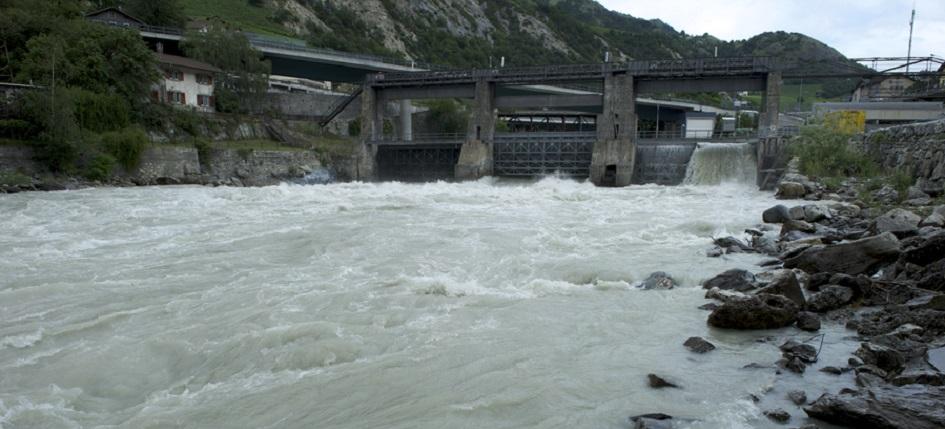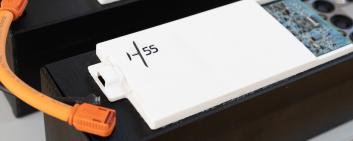The contamination of drinking water with heavy metals, particularly lead, is a growing problem worldwide with serious public health consequences. Currently available purification methods to make municipal water safe to drink are costly, lengthy or energetically inefficient.
The laboratory of Professor Wendy Queen at EPFL Valais Wallis has developed a solution to remove heavy pollutants from water and make it drinkable in just seconds. According to a press release, it uses metal organic frameworks (MOFs), materials made up of metal nodes interlinked by organic chemical “struts”. Thanks to their exceptional internal surface areas and easy chemical tunability, MOFs can pull water vapor and other gases from air.
With this in mind, Daniel T. Sun, a PhD student at EPFL Valais Wallis, designed a water-stable MOF/polymer composite using cheap, environmentally and biologically friendly materials. The composite can quickly and selectively remove high amounts of lead and mercury from real-world water samples. Conclusive tests were carried out on water samples obtained from the Rhone River and the Mediterranean Sea, as well as from wastewater treatment plants in Switzerland and in the U.S.
The study, conducted in partnership with colleagues at the University of California Berkeley and Lawrence Berkeley National Laboratory, was published in ACS Central Science. “My greatest wish would be for this solution to be distributed in emerging countries by companies that are aware of the problem and wishing to improve the situation,” Professor Queen told the newspaper Le Nouvelliste.







